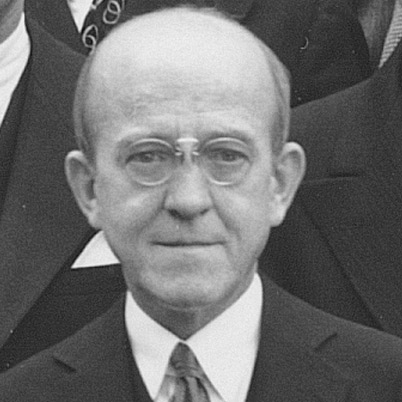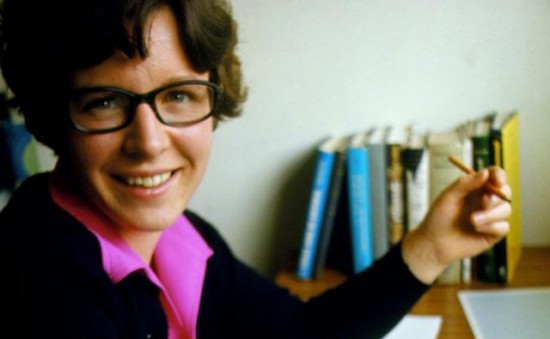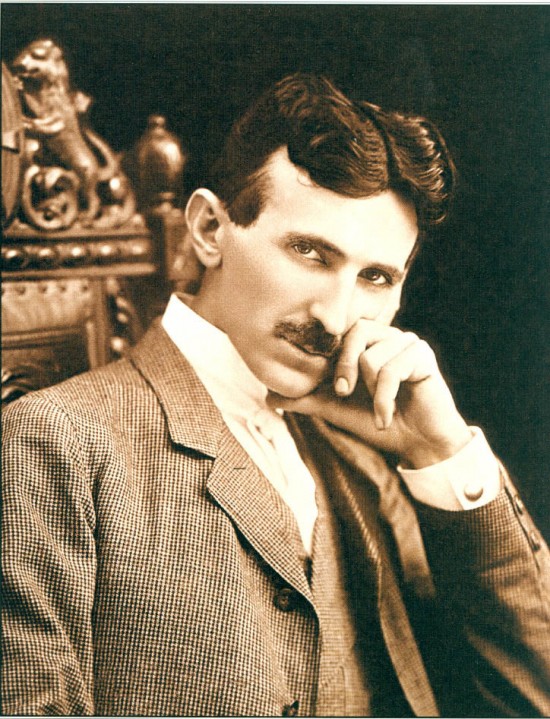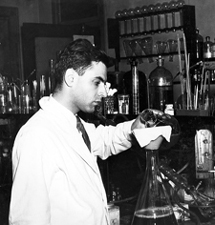No.7 Jocelyn Bell Burnell, Pulsars
The discovery of Pulsars was a mere an accident. Pulsars are the radio-emissions from stars were being considered to look for scintillation caused by solar wind. For the cause of this stellar study, a large radio telescope was necessary. Jocelyn Bell, as a PhD student, helped in constructing this telescope over four acres of field using a thousand posts and over 120 miles of wire. The project of Bell was to monitor reams of paper for scintillating radio sources. While examining this data Bell noticed an anomaly which she decided that it require further study. The following anomaly was observed for a very brief period of time i.e. 1.3 seconds and her mentor advised to dismiss the appeared anomaly since the time period was very short and they concluded that it was some kind of man made interference. But when other regular pulses were discovered in different parts of the sky, it became clear that the radio pulses were natural. These sources were termed pulsars, short for pulsating stars. For his work in radio astronomy and, specially, “his decisive role in the discovery of pulsars” Hewish was awarded the Nobel Prize for Physics, in 1974. Hewish shared the prize with another radio astronomer, but Bell was not given a share.
No.6 Nikola Tesla, Radio communication
The Guglielmo Marconi was awarded Nobel Prize in the yar 1909 for his remarkable contribution and devotion in the field of radio communication. He was honored as the father of the long distance radio communication. However, there is good reason to suggest that the prize should have been shared with Nikola Tesla. Tesla began lecturing about using radio communication in 1891, and began demonstrating devices using wireless telegraphy soon after. Between 1898 and 1903, Tesla was granted several patents to protect his inventions relating to radio. Patent law is composite, and it was not until the decade of 1940 that US courts recognized that Tesla’s work pre-dated that of Marconi. So Tesla has a very good case for being included in the 1909 Nobel Prize which went to Marconi.
No.5 Albert Schatz; Streptomycin
The discovery of penicillin in 1940s seemed to be the solution for all sorts of bacterial diseases but it was not true in some cases as well, for example the deadly infectious of that era Tuberculosis. Unfortunately, penicillin is ineffective against the bacterium which causes Tuberculosis. There are two main types of bacterias based on their cell wall structure Gram-positive (those with thick walls) and Gram-negative (those with thin walls). Penicillin was effective against Gram-positive, but not Gram-negative bacteria, like Tuberculosis. Schatz a young researcher worked greatly to find the cure of this disease he grew a large number of strains of Streptomyces bacteria, and experienced them for antibiotic properties against Gram-negative bacteria. After the hard work of couple of months Schatz discovered the antibiotic which he named streptomycin. It would prove to be effective against TB and a range of other penicillin-resistant bacteria. In 1952, Schatz’ supervisor, Selman Waksman, was awarded the Nobel Prize “for his discovery of Streptomycin” and Schatz was deprived of from his share of the Nobel Prize.





